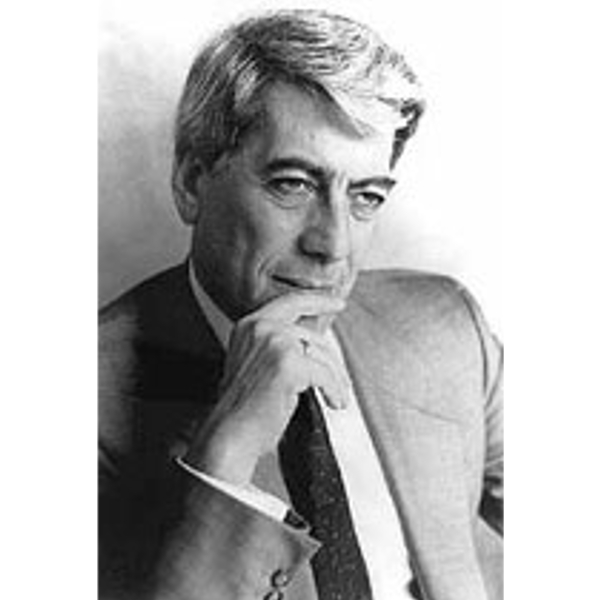Authors
- Ivo Andrić / Ivo Andric
- Isidora Bjelica
- Dobrica Ćosić / Dobrica Cosic
- Marko Vidojković / Marko Vidojkovic
- Fredrik Bakman / Fredrik Backman
- Nenad Novak Stefanović / Nenad Novak Stefanovic
- Vladeta Janković / Vladeta Jankovic
- Nil Gejmen / Neil Gaiman
- Nenad Gajić / Nenad Gajic
- Bojan Ljubenović / Bojan Ljubenovic
- Paulo Koeljo / Paulo Coelho
- Vuk Stefanović Karadžić / Vuk Stefanovic Karadzic
- Dušan Kovačević / Dusan Kovacevic
- Ivan Ivanji
- Ju Nesbe / Jo Nesbo
- Siniša Ubović / Sinisa Ubovic
- Dejan Stojiljković / Dejan Stojiljkovic
- Jelena Bačić Alimpić / Jelena Bacic Alimpic
- Jovan Jovanović Zmaj / Jovan Jovanovic Zmaj
- Dragan Velikić / Dragan Velikic
- Agata Kristi / Agatha Christie
- Mirjana Bobić Mojsilović / Mirjana Bobic Mojsilovi
- Liz Pišon / Liz Pichon
- Antoan de Sent Egziperi / Antoine de Saint-Exupery
- Jovan Dučić / Jovan Ducic
- Meša Selimović / Mesa Selimovic
- Sofi Kinsela / Sophie Kinsella
- Borislav Pekić / Borislav Pekic
- Dejan Lučić / Dejan Lucic
- Džordž R.R. Martin / George R. R. Martin
- Igor Marojević / Igor Marojevic
- Ljubivoje Ršumović / Ljubivoje Rsumovic
- Luka Mičeta / Luka Miceta
- Mario Vargas Ljosa / Mario Vargas Llosa
- Miroslav Antić / Miroslav Antic
- Rodžer Hargrivs / Roger Hargreaves
- Svetislav Basara
- Uroš Petrović
- Vanja Bulić / Vanja Bulic
- Žoze Saramago / Jose Saramago
- Stiven King / Stephen King
- Sidni Šeldon / Sidney Sheldon
- Gijom Muso / Guillaume Musso
- Milorad Pavić / Milorad Pavic
- Robin S.Šarma / Robin S.Sharma
- Svetlana Velmar Janković
- Nikola Tesla
- Slobodan Stanišić / Slobodan Stanisic
- Momo Kapor
- Branislav Nušić / Nusic
- Tom Telehen / Toon Tellegen

Mario Vargas Llosa
Mario Vargas Llosa was born in Arequipa, Peru in 1936. After publishing the collection of short stories "The Cubs and Other Stories," for which he won the "Leopoldo Alas" prize, this writer gained popularity only after the publication of his novel "The Time of the Hero."
His second novel, "The Green House," was published in 1965, and for this novel, the writer received the Criticism Award as well as the international Rómulo Gallegos Prize. He then published plays such as "The Young Lady from Tacna," "Kathie and the Hippopotamus," "La Chunga," and "The Madman of the Balcony," some of which have become popular online. Mario Vargas Llosa's books are often targeted by contemporary critics and provoke a deluge of comments, both positive and negative, which testifies to the fact that the sale of Mario Vargas Llosa's books is still on the rise. This author was also the recipient of the Nobel Prize in Literature in 2010.
The Green House - A Gem of Postmodernism
"The Green House" is Mario Vargas Llosa's second novel and at the same time a book that caused a real sensation in Latin American literature. The title of the novel comes from the notorious brothel that was burned down by the guardians of morality, only to be restored years later by Chunga, the daughter of the original owner. What readers of this novel will not hesitate to do is to look up some parts and explanations online. Mario Vargas Llosa's books have a note in which some parts are intertwined and do not follow a chronological order, so this book is somewhat challenging for readers.
Nevertheless, this work belongs among the best works of postmodernism, with its unusual descriptions of Piura, the desert in the Peruvian coastal region, as well as the Amazon rainforest, a multitude of characters like the blind old man who never leaves his harp, and his strange daughter Chunga, all of which will make readers identify with the characters of this novel. While some readers will be thrilled after reading this work, others will be lost in the crowd of characters and wonder whether there is a series of identical people with different names in this novel. What is certain is that Mario Vargas Llosa's challenge in writing this book did not leave anyone indifferent.
The Five Corners - A Bold and Different Novel
"The Five Corners" was written in 2016 and caused a deluge of comments when it saw the light of day and filled the bookshelves. When this book was written, some critics claimed that the plot of the book was not worthy of a Nobel Prize winner, while other critics praised Vargas Llosa's boldness and enjoyed his words.
Because of its audacious content and daring words, there was a great interest in this author, and the sale of his books increased. Mario Vargas Llosa wrote this novel in his eighth decade, and the story follows the main character, journalist Roland, who uses the power of his profession to blackmail other people and ruin their lives. However, he begins to blackmail the wrong man, and that's when the nightmare of the main character begins. The book's plot revolves around three themes: politics, corruption, and the yellow press, linked together by eroticism. Intrigue and malicious political games are also accompanied by smaller stories about the women in this book. Despite negative comments about this novel, most critics agree that it has brought something new and innovative that has not been characteristic of Peruvian literature so far.

Apply for newsletter
Sign up for the Serbianshop newsletter and get a 10% discount.

